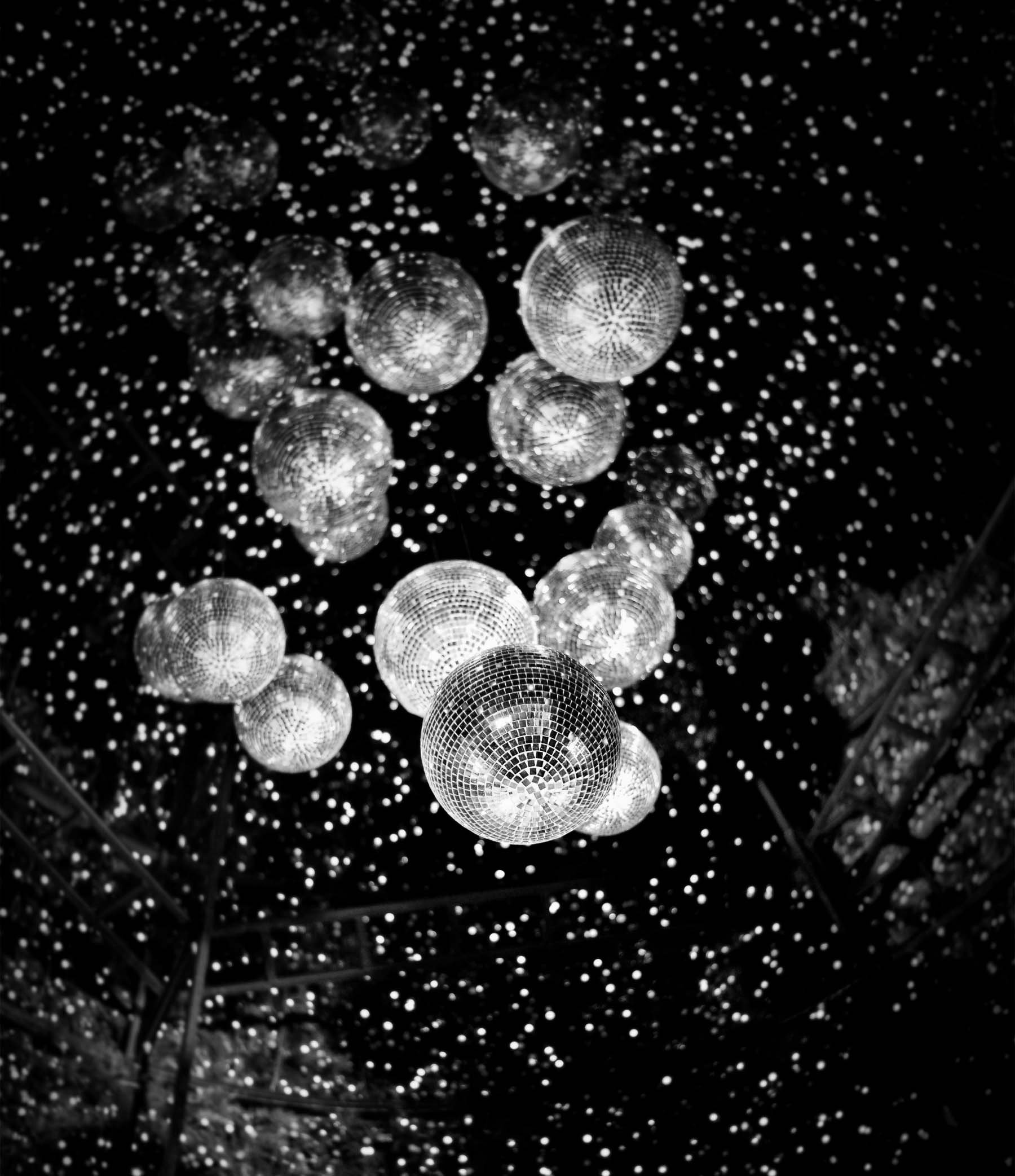This years' Golden Globes ceremony once again showed that in the world of scripted TV, award winning series are still tough for third parties to acquire in the first window due to vertical integration and existing volume deals.

On the drama side, the winner ‘Succession’ alongside fellow HBO nominee ‘The Last of Us’ remain promised to Warner services in all markets where available and volume deals where not. More recently, Warner ended its long term deal with OCS in France and instead put its titles up on its newly formed Warner Pass Amazon Channel, ahead of a formal launch of HBO Max in the market later this year. As an early release, ‘The Last of Us’ was released on Amazon Prime as a promotion for the then new Amazon Channel. In India, the show was one of the last to premiere on Disney+ Hotstar, before Warner struck a new deal with Paramount part-owned JioCinema for the final season of ‘Succession’ and all other HBO titles.
While the progenitor of ‘1923’, ‘Yellowstone’, saw third party releases in around half of Show Tracker's monitored markets in the first window, its subsequent spinoffs have stayed well and truly within the Paramount family, going to Paramount+, SkyShowtime or JioCinema across all markets. All other nominees were digital originals promised to global SVOD services like Netflix and Apple worldwide.

Disney saw more success this year in the comedy category, with Hulu’s ‘The Bear’ taking the award, following a now typical all-in approach to vertical integration across international markets, as is also the case with ‘Only Murders in the Building’ and ‘Abbott Elementary’. Although there are early signs that Disney is looking to monetise this content further. ‘Abbott Elementary’ has started to be sold in the second window, most notably its first season to E4 in the UK where it was even granted full boxset rights. This apparent win for the Free TV service is undercut by the fact that the whole show’s current run remains available to Disney+ subscribers in the market.
Meanwhile ‘Jury Duty’ essentially follows a digital original release model, with the main differing factor for its premiere internationally being the availability of Amazon’s AVOD service Freevee, which is prioritised in markets where it is present. This was the case for its commission in the US.
Of course the Golden Globes do not just cover TV but movies as well, with ‘Oppenheimer’ running away with the most award wins in film. Its counterpart to the Barbenheimmer phenomenon, ‘Barbie’, however came up slightly shorter than expected, despite having more nominations than ‘Oppenheimer’ in the run up. ‘Oppenheimer’ has yet to gain a firm streaming release in most markets while ‘Barbie’ premiered on Warner services and its typical volume deal homes in December. Our Movie Tracker data, reveals the disparity between each title's transactional release timings.

Universal opted to give ‘Oppenheimer’ more time in theatres with no option to watch at home, with US consumers having the shortest wait of three months. ‘Barbie’ meanwhile came out in a much shorter fashion, 57 days after its theatrical release at a premium price of $29.99 despite the typical PVOD/PEST window only existing in the first 45 days of theatrical release. This demonstrates both the vastly different strategies in movie window releasing that occur between the studios, but also how high-profile movies may see studios bending their typical strategies entirely.
While ‘Barbie’ may not have won as big at the awards as Warner may have liked, it certainly won the box office last year with $636m earned domestically despite its relatively timely release on transactional services, with ‘Oppenheimer’s longer period as a theatrical-only title resulting in $326m for its total box office in 2023. We will likely continue to see exceptional strategies deployed for both these movies in the pay-one window and beyond considering their global popularity.






















.svg)



